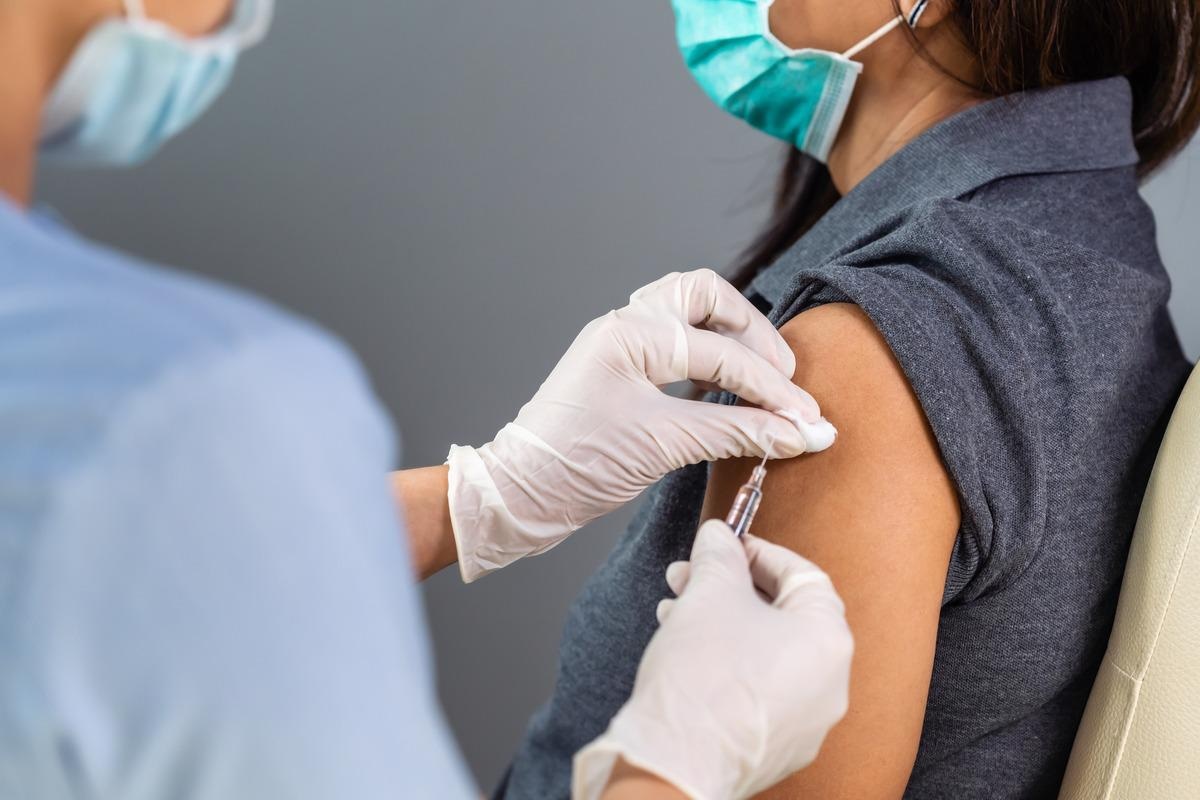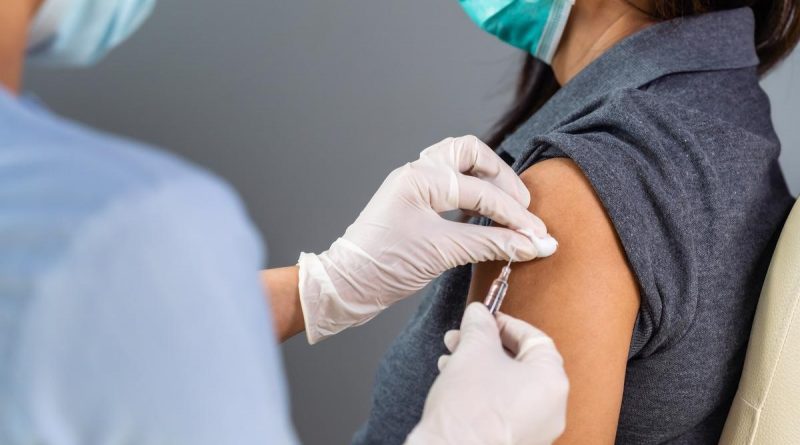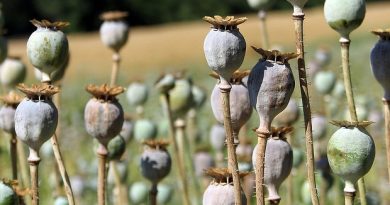mRNA COVID-19 vaccine shown to induce afucosylated antibodies in individuals without prior SARS-CoV-2 exposure
Scientists from the Netherlands and Germany have recently investigated the glycosylation of anti-spike IgG antibodies in response to the mRNA-based coronavirus disease 2019 (COVID-19) vaccine developed by Pfizer/BioNTech.
 Study: The BNT162b2 mRNA SARS-CoV-2 vaccine induces transient afucosylated IgG1 in naive but not antigen-experienced vaccinees. Image Credit: BaLL LunLa/Shutterstock
Study: The BNT162b2 mRNA SARS-CoV-2 vaccine induces transient afucosylated IgG1 in naive but not antigen-experienced vaccinees. Image Credit: BaLL LunLa/Shutterstock
The findings reveal that the level of afucosylated anti-spike antibodies increases transiently in infection-naïve individuals after the first vaccine dose. In contrast, no such vaccine-induced response has been observed in previously infected individuals.
The study is currently available on the bioRxiv* preprint server, while it undergoes peer review.
Background
Immunoglobulin G (IgG) antibodies developed in response to severe acute respiratory syndrome coronavirus 2 (SARS-CoV-2) provide protective immunity through fragment antigen-binding (Fab)-mediated neutralization and fragment crystallizable (Fc)-mediated effector functions. N-glycosylation of the antibody’s Fc region is required for mediating effector functions. The galactose and fucose residues present in the Fc N-glycan core play vital roles in modulating the activity of Fc-gamma receptors on natural killer cells and myeloid cells, respectively. Fc-gamma receptors are membrane molecules that bind the Fc region of IgG antibodies and mediate humoral immune responses.
Afucosylated IgG antibodies (reduced fucose content) bind Fc-gamma receptors more efficiently. This leads to excessive production of pro-inflammatory cytokines and initiation of antibody-mediated cellular cytotoxicity. In COVID-19 patients, SARS-CoV-2-mediated induction in afucosylated anti-spike IgG levels has been observed.
The majority of COVID-19 vaccines contain SARS-CoV-2 spike protein as an immunogen. Thus, it is possible that vaccine-induced spike expression in host cells could lead to afucosylated IgG response. Based on this hypothesis, the scientists in the current study have assessed the impact of COVID-19 vaccination on anti-spike IgG glycosylation in individuals with or without prior SARS-CoV-2 exposure.
The scientists have measured the blood levels of afucosylated anti-spike IgG antibodies in participants (both infection-naïve and previously infected) after the first and second dose of the mRNA-based COVID-19 vaccine developed by Pfizer/BioNTech.
Afucosylated IgG response after vaccination
The analysis of anti-spike IgG1 Fc glycosylation revealed that both the first and second dose of vaccine cause an early induction in galactosylated and sialylated anti-spike IgG1 in both infection-naïve and previously infected individuals. In contrast, a rapid reduction in galactosylation was observed in critically ill COVID-19 patients.
In infection-naïve individuals, about 25% of anti-spike IgG1 Fc were found to be afucosylated initially after administration of the first vaccine dose. However, the level decreased gradually with time.
In individuals with previous infection, about 2 – 10% of anti-spike IgG1 Fc were found to be afucosylated before vaccination. The level increased slightly after vaccination. The level of afucosylated anti-spike antibodies remained significantly lower in previously infected individuals after vaccination compared to that in naïve individuals.
The higher level of afucosylation observed after the first vaccine dose was accompanied with a lower expression of fucosyltransferase 8, which is an enzyme required for adding a fucose residue to the core of N-glycans (fucosylation). This correlation was observed in a defined plasma cell subset. Moreover, a significant correlation was observed between first dose-induced anti-spike afucosylation and second dose-induced anti-spike IgG antibodies.
Impact of afucosylation
The scientists estimated the production of interleukin 6 (IL-6) by human-derived macrophages to determine the effector functions of vaccine-induced anti-spike antibodies. The findings revealed that immune complexes generated from the spike protein cause a significantly higher production of IL-6 in previously infected individuals after first-dose vaccination compared to that in naïve individuals. This could be because of relatively higher anti-spike antibody levels in infected individuals after vaccination. After the second dose, both naïve and infected individuals showed comparable levels of IL-6.
Despite the difference in IL-6 production, its level remained relatively low in both naïve and infected individuals. This observation indicates that induction of cytokine production by IgG immune complexes requires high afucosylation and antibody levels, which can only be achieved in the presence of viral infection.
Overall, these findings indicate that transiently increased afucosylated anti-spike antibodies in naïve individuals after first vaccination have only limited effect on macrophage-mediated cytokine production. This could be because of relatively low antibody levels in these individuals.
Study significance
The study identifies differential patterns of vaccine-induced afucosylated IgG response in infection-naïve and previously infected individuals. This difference could be attributed to different levels of protection in these two groups. As mentioned by the scientists, more studies are required to investigate the protective efficacy and inflammatory potency of afucosylated anti-spike antibodies induced by SARS-CoV-2 infection or COVID-19 vaccination.
*Important notice
bioRxiv publishes preliminary scientific reports that are not peer-reviewed and, therefore, should not be regarded as conclusive, guide clinical practice/health-related behavior, or treated as established information.
- Coillie J. 2022. The BNT162b2 mRNA SARS-CoV-2 vaccine induces transient afucosylated IgG1 in naive but not antigen-experienced vaccinees. bioRxiv. doi: https://doi.org/10.1101/2022.02.14.480353 https://www.biorxiv.org/content/10.1101/2022.02.14.480353v1
Posted in: Medical Research News | Medical Condition News | Disease/Infection News
Tags: Antibodies, Antibody, Antigen, Blood, Cell, Coronavirus, Coronavirus Disease COVID-19, covid-19, Cytokine, Cytokines, Cytotoxicity, Efficacy, Enzyme, Glycan, Glycans, Glycosylation, immunity, Immunoglobulin, Interleukin, Macrophage, Membrane, Natural Killer Cells, Protein, Respiratory, SARS, SARS-CoV-2, Severe Acute Respiratory, Severe Acute Respiratory Syndrome, Spike Protein, Syndrome, Vaccine

Written by
Dr. Sanchari Sinha Dutta
Dr. Sanchari Sinha Dutta is a science communicator who believes in spreading the power of science in every corner of the world. She has a Bachelor of Science (B.Sc.) degree and a Master's of Science (M.Sc.) in biology and human physiology. Following her Master's degree, Sanchari went on to study a Ph.D. in human physiology. She has authored more than 10 original research articles, all of which have been published in world renowned international journals.
Source: Read Full Article



